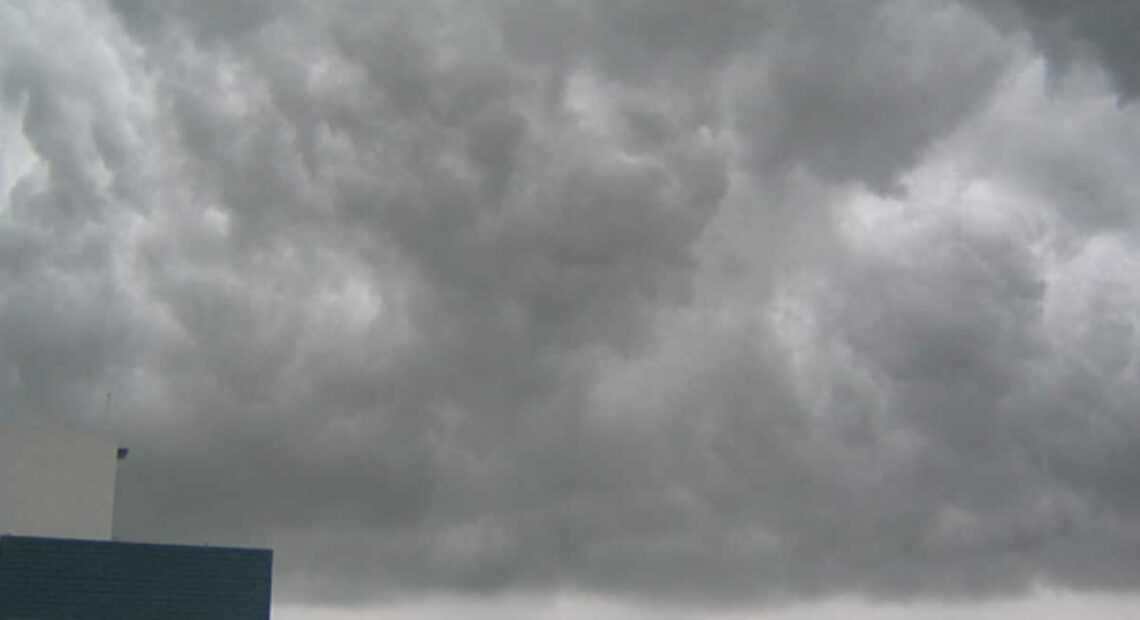Due to monsoon delays, food grain prices rose by much to 15% in just two weeks

Despite government price limits, analysts believe that prices will continue to be high for the foreseeable future due to the absence of enough rainfall.
Due to monsoon delays, foodgrain prices for household essentials including rice and rice products, as well as poultry, have climbed by 5–15% in the past two weeks.
This year’s delayed development of India’s kharif season, which typically starts in June and lasts until November (depending on location), has disrupted the planting and harvesting of kharif crops, also known as monsoon crops.
Along with jowar, maize (corn), and millet, rice is the most popular kharif crop, including paddy and deepwater varieties. Along with pulses like tur, moong, and urad, a variety of seed plants like soyabean and groundnut are also grown. During this time, a lot of fruits and vegetables are also grown.
However, the cost of basic culinary essentials has skyrocketed as a result of delays and the
monsoon’s sluggish advance.
Wheat and pulse prices are unchanged and have not decreased over the past two weeks despite government price control measures.
The Economic Times (ET) said that trade specialists predict that prices would either remain stable or increase until the rains required for the planting of kharif crops happens.
According to Pushan Sharma, head of research at CRISIL Market Intelligence and Analytics, the price of pulses might increase if the monsoon is postponed by another 7 to 10 days. The negative effects of the nation’s inadequate rainfall may even cause the price of essentials like paddy rice to increase.
Business Standard has previously reported that earlier in the month, the Centre had stopped selling rice and wheat to state governments via the Open Market Sale Scheme (OMSS). Karnataka was notably affected by this action since it provided free wheat to those living in poverty.
However, the government did let the sale of rice under OMSS to continue in northeastern, hilly, and areas experiencing law and order issues as well as natural catastrophes at a rate of Rs 3,400 per quintal.
Picture Courtesy: Google/images are subject to copyright








